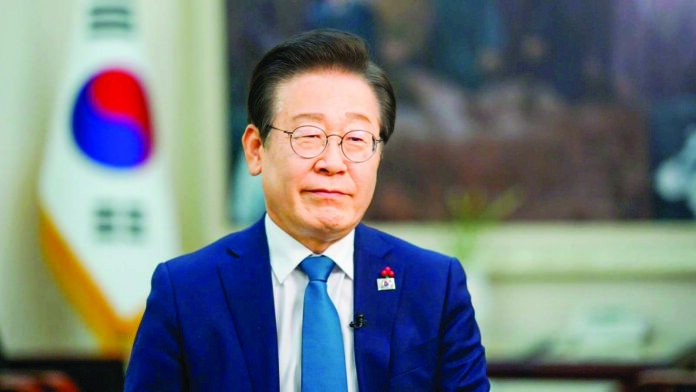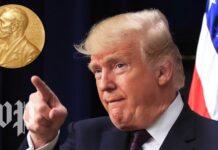NEW DELHI: Speculation is rife in a section of the international public spectrum that the recent ouster of Yoon Suk Yeol from the presidency of South Korea might come to sour ties between Seoul and Tokyo. It is being surmised that in the presidential poll, now scheduled to be held early next month (June 3) in South Korea, the Democratic Party’s Lee Jaemyung is likely to emerge as successor to Yoon in the Blue House. Lee has long been known for his hardline views on Japan. Unlike Yoon, Lee may not bury South Korea’s historical grievances, including the issue of compensation for former civilian workers from the Korean Peninsula during Japanese colonial rule, with Japan.
In 2023, Lee had staged a 24-day hunger strike opposing then President Yoon’s stance toward Tokyo. He had also called Yoon’s policy of trilateral U.S.-South Korea-Japan military cooperation “pro-Japanese.” One, however, thinks it would be naïve to assume Lee would resort to any policies that would strain relations between South Korea and Japan. There is little substantial difference between the so-called right-wing People Power Party and the centre-left Democratic Party of Korea. The class character of the two parties is more or less the same. Both of them invoke nationalism and support a strong South Korea. Both have had ties with the powerful chaebols (family-owned business conglomerates).
South Korea today is known for its economic development, vibrant civil society, and as a cultural powerhouse. There is a near consensus across its political spectrum to build on its remarkable achievements and take the nation forward. Since the Sixth Republic of South Korea was established in 1987, there has been little change across administrations in terms of the structures, goals, and tools of its foreign policy. The key goals of its decisionmaking have been more or less constant—strengthening national security and promoting economic openness.
In the wake of the Yoon exit from the Blue House, South Korea’s Prime Minister Han Duck-soo is serving as interim president. He is very much following the Yoon pattern of foreign policy towards Japan. One expects Lee would conform to the same pattern if he came to occupy the country’s presidency in future. There are already indications to this effect. In his recent media interviews, Lee has disavowed concerns that “his presidency would reverse Yoon’s reconciliation efforts with Japan and the trilateral allied cooperation” with Tokyo (and Washington). Also, it may be borne in mind that Lee cannot afford to think in terms of damaging South Korea’s ties with Japan. He will have highly compressed transition timeline. He will have to assume office immediately after the election, without the usual support of a formal transition committee. His administration has some urgent challenges to address—injecting life into the country’s sluggish economy and managing high-stakes trade talks with the Donald J Trump administration in Washington.
Besides, Lee might not have enough of moral force to effect any big change in the country’s foreign policy. All is not well with him on the domestic legal front. South Korea’s high court is all set to begin hearing on Lee ’s election violation after the election is held. The other day, the South Korean Supreme Court found Lee guilty of violating election law. It has sent the case back to the high court to weigh his punishment.
Most importantly, cultural exchanges among the youth of South Korea and Japan have, in the recent years, taken place in a big way. According to an estimate, in 2023, 5.25 million Koreans visited Japan; over 2.32 million Japanese visited Korea. Today in Japan, Korean cuisine, music, and television dramas are extremely popular. Japan is the leading consumer of KPop. Japanese restaurants in Korea are surging. In South Korea, Japanese anime, manga, and culinary dishes are increasingly in demand. Japanese restaurants in Korea have surged in the recent past. Such people-to-people interactions between South Korea and Japan are assure to influence positively the realms of their political and security cooperation as well.
The author is a doctoral scholar at the Centre for East Asian Studies, School of International Studies, Jawaharlal Nehru University, New Delhi.








